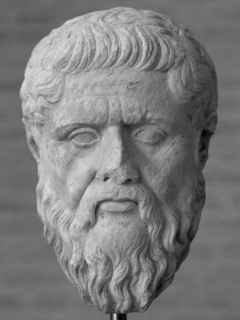
Publication details
Publisher: Springer
Place: Berlin
Year: 2019
Pages: 125-137
Series: Logic, Epistemology, and the Unity of Science
ISBN (Hardback): 9783030257996
Full citation:
, "Husserl and Peirce and the goals of mathematics", in: Peirce and Husserl, Berlin, Springer, 2019


Husserl and Peirce and the goals of mathematics
pp. 125-137
in: Mohammad Shafiei, Pietarinen (eds), Peirce and Husserl, Berlin, Springer, 2019Abstract
The paper compares the views of Edmund Husserl (1859–1938) and Charles Sanders Peirce (1839–1914) on mathematics around the turn of the century. The two share a view that mathematics is an independent and theoretical discipline. Both think that it is something unrelated to how we actually think, and hence independent of psychology. For both, mathematics reveals the objective and formal structure of the world, and both think that modern mathematics is a Platonist enterprise. Husserl and Peirce also share a teleological conception of the development of mathematics: both view it to evolve towards a goal. This is where the primary difference between the two can be found: while for Husserl the goal of mathematics is to characterize definite manifolds, for Peirce it is to discover the real potential world as expressed by his conception of continuum. Peirce elaborates the continuum with the notion "potential aggregate," a totality of the series of uncountable sets (each created by Cantor's theorem) briefly discussed and compared to Husserl's notion of definite manifolds.
Cited authors
Publication details
Publisher: Springer
Place: Berlin
Year: 2019
Pages: 125-137
Series: Logic, Epistemology, and the Unity of Science
ISBN (Hardback): 9783030257996
Full citation:
, "Husserl and Peirce and the goals of mathematics", in: Peirce and Husserl, Berlin, Springer, 2019



